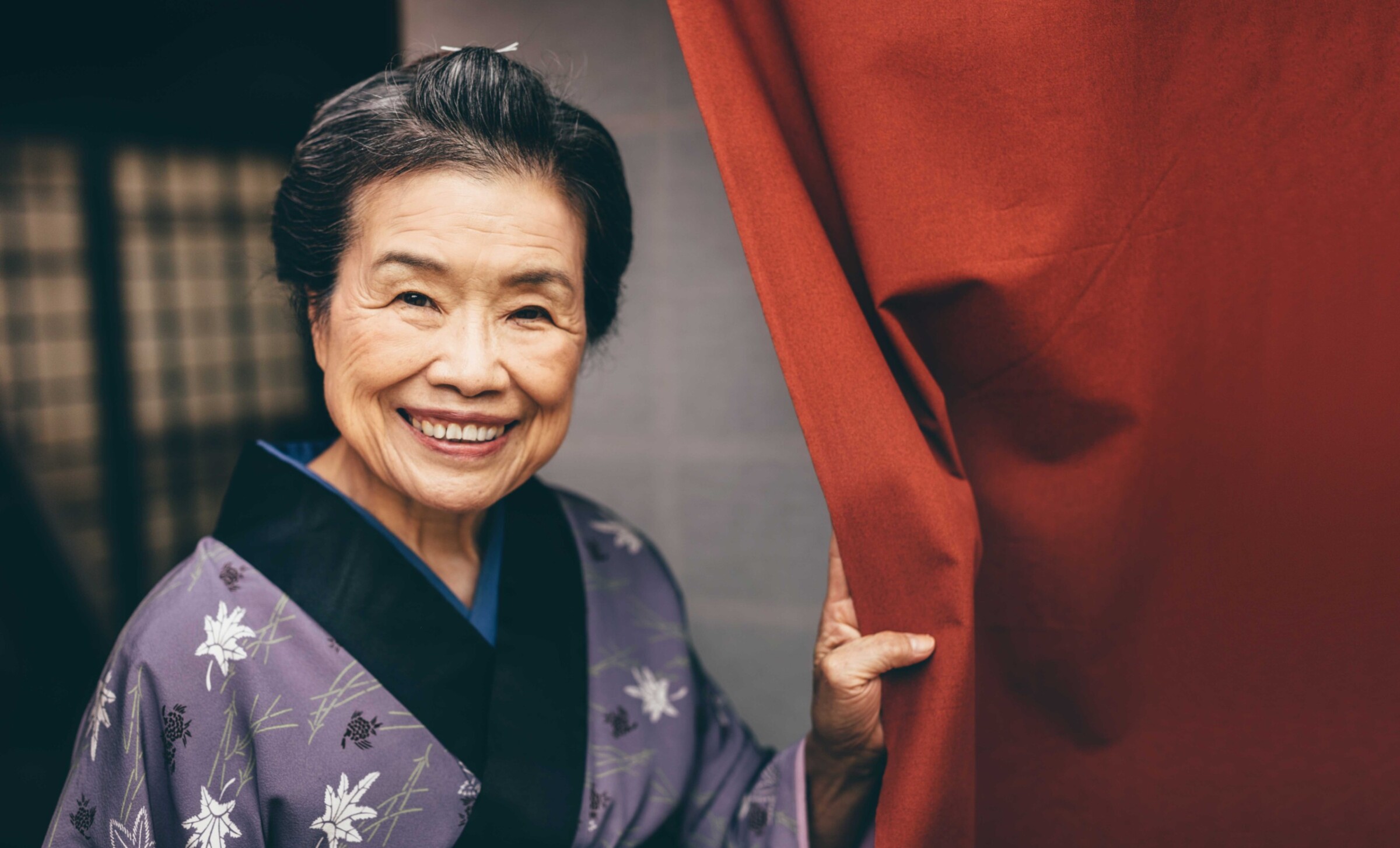
Over 50,000 people living in Japan today are 100 years old or older – and the number is rising. On average, Japanese women today can expect to live to be at least 87. If one adds the men, the life expectancy is just under 84 – the highest value worldwide. But how do the Japanese manage to live so long? Is it their diet of fresh food, based heavily on fish and gently cooked vegetables? Or are the reasons to be found in high-quality oriental medicine, technological progress and the high safety standards in the Far East?

In the land of the centenarians.
Not only over 100, but also active into old age
What makes Japan’s aged so incomparable is not only their large number, but also their vigour. The Japanese wish to continue working into old age – a sentiment that obviously has a lot to do with the Japanese work ethos. Industriousness and dedicating one’s efforts entirely to the success of the (corporate) community have been highly valued for centuries. In the event of illness, the individual can resort to an excellent network of state doctors and clinics, nursing staff and even one’s own family. There’s plenty of mutual assistance in 3-generation households, enabling parents and grandparents to lend a valuable hand even in retirement. The feeling of being needed and doing something useful has a lot to do with the secret of longevity in Japan and keeps people mentally fit as well.
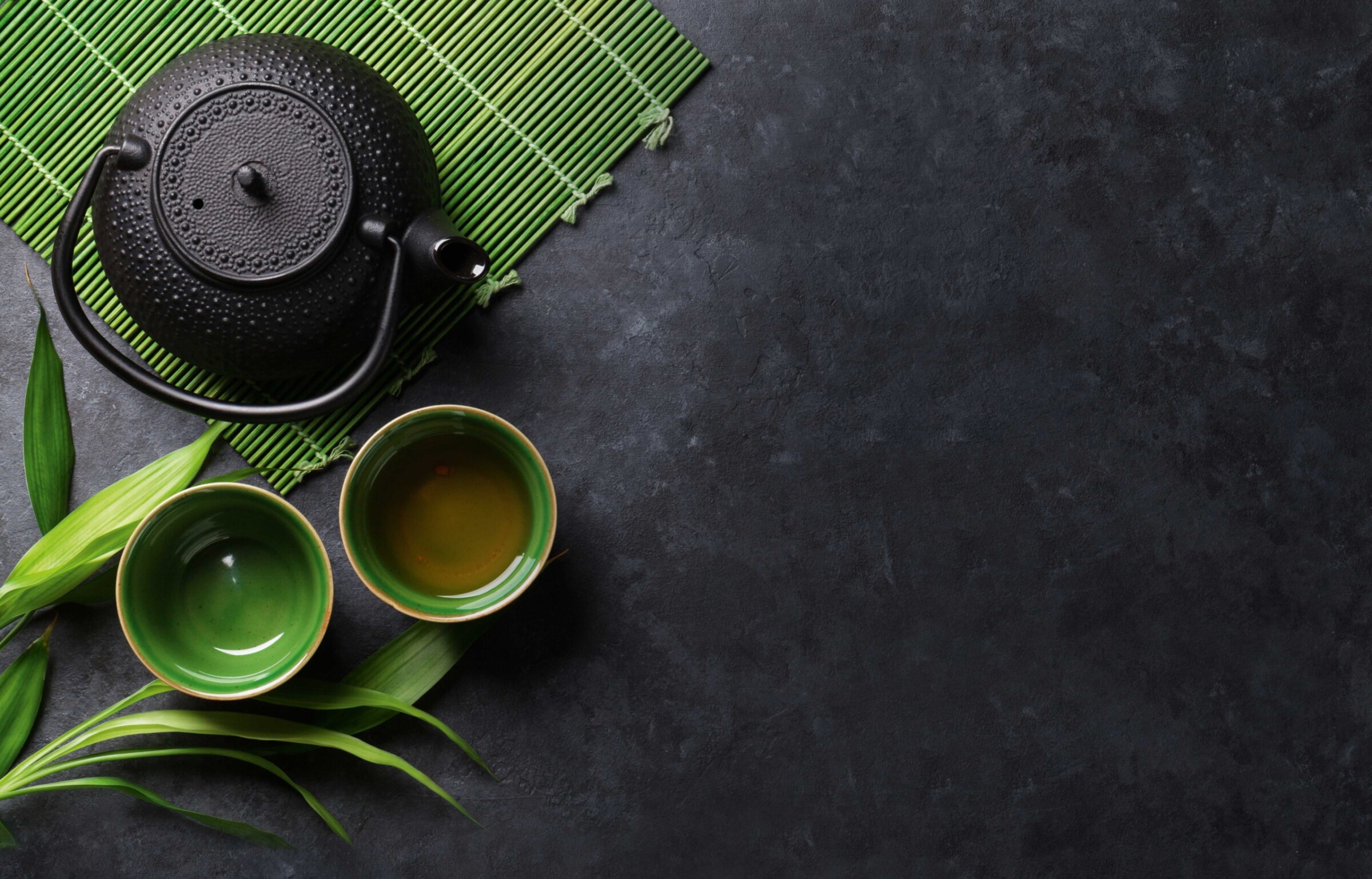
Active into old age.
When older people in Japan are asked whether they watch their diet and eat healthily, they usually say they eat what they enjoy eating. One of the secrets can probably be found in healthy food. Even without paying attention to nutrition, most meals are freshly prepared and abounding with vitamins, trace elements and antioxidants. Japanese cuisine avoids fat and too many products from mammals. Beef and pork are cooked for a long time and are thus free of fat and carcinogens. Fish is prominent on the menu – even raw and in the form of sushi. Mackerel, eel, salmon, squid and tuna are among the country’s most important foods. At the famous Tsukiji fish market, you can gain a good impression of the broad diversity of the seafood consumed in Japan. Even the poisonous pufferfish seems to have no ill-effect on life expectancy. Liberated of its toxin glands by a master chef, it is a genuine delicacy and – who knows? – maybe it even steels gourmets against future illness.
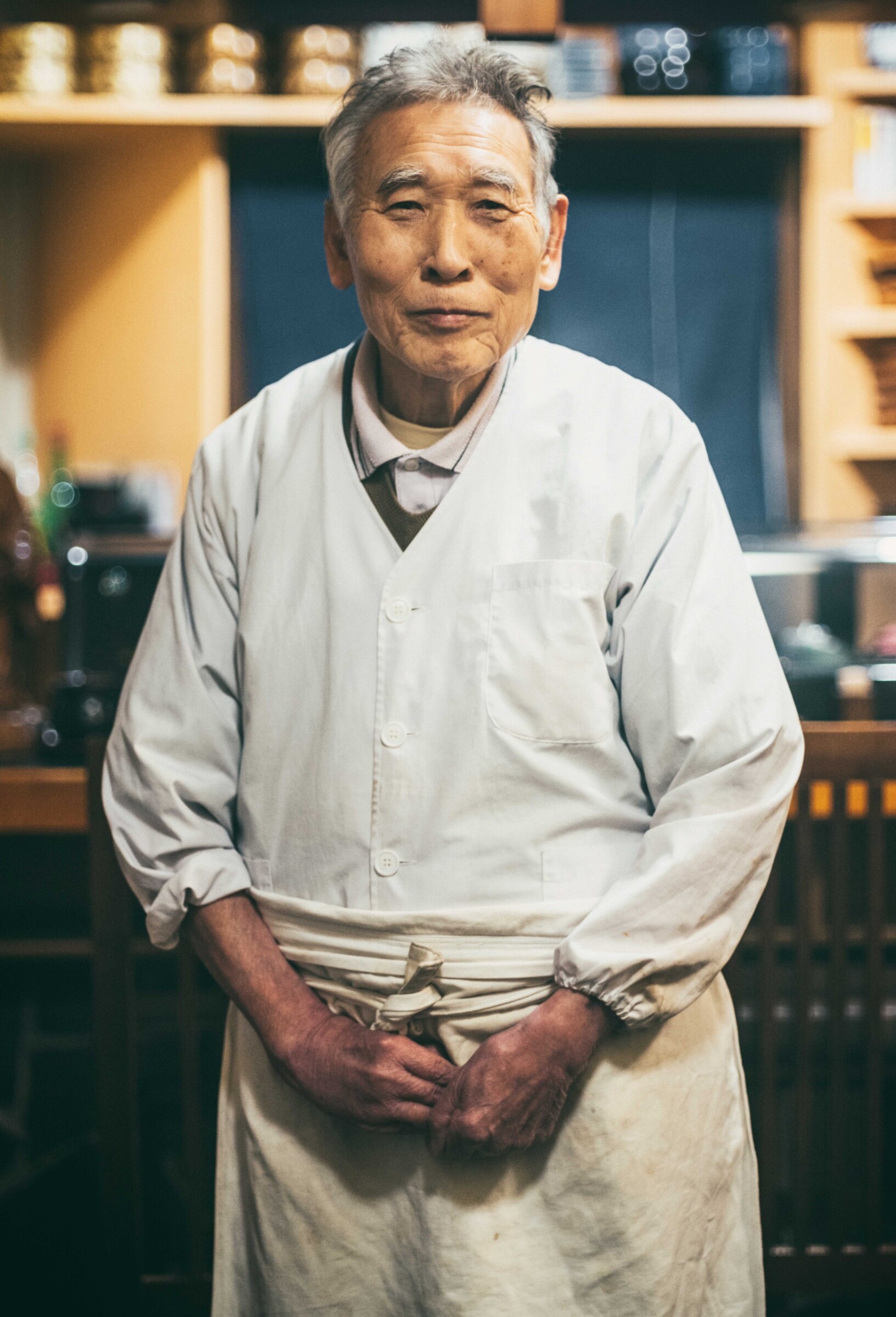
Many Japanese hope to continue working into old age – like this owner of a sushi restaurant in Tokyo.
While the steeling effect of pufferfish toxin is only speculation, the antibacterial effects of the bitter melon and shell ginger are well-known. Like other vegetables, these two foods are served either fresh or briefly stir-fried in a wok. This way, the vitamins and antioxidants are preserved and have been shown to enhance immunity to illness and relieve stress. The substance resveratrol in the leaves of shell ginger is said to retard the ageing process considerably, as research at the University of Ryukyu on the Okinawa island chain has suggested.
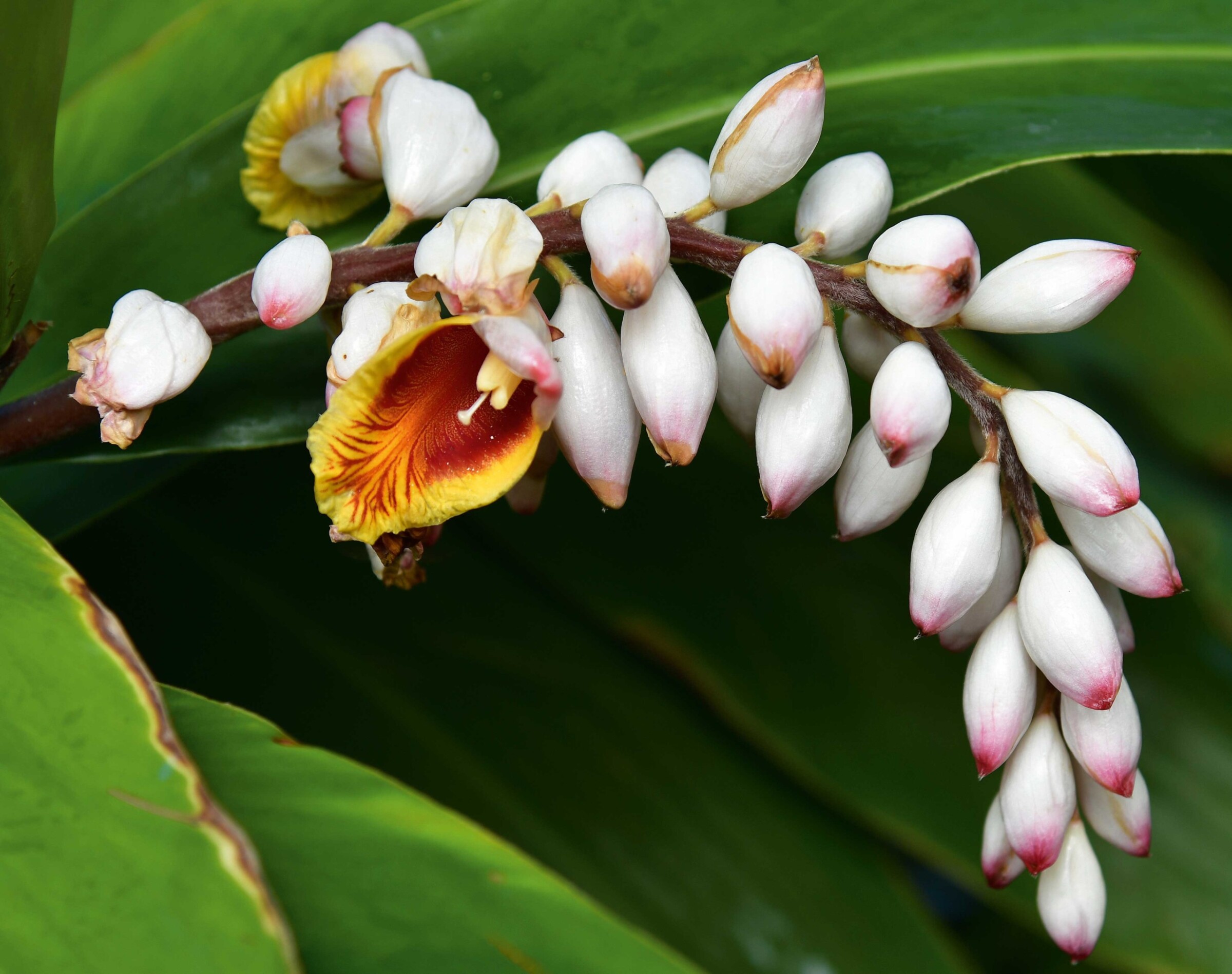
The active ingredients of shell ginger (immediately above) demonstrably retard the ageing process. The bitter melon (top) has antibacterial action.
What in Europe tends to be considered medicinally dubious if not charlatanism is an integral part of everyday life in Japan. In the daily round, and particularly in the cooking traditions, a lot of attention is devoted to balancing the body and to inner harmony. If such principles are consistently applied, people feel better and age much more slowly. Japan’s herbalists therefore often prescribe plant-based products that are intended to balance the energy household and mitigate the effects of possible toxins. Along with shell ginger, extracts of green tea are beneficial to healthy ageing. Most Japanese drink green tea several times a day anyway.
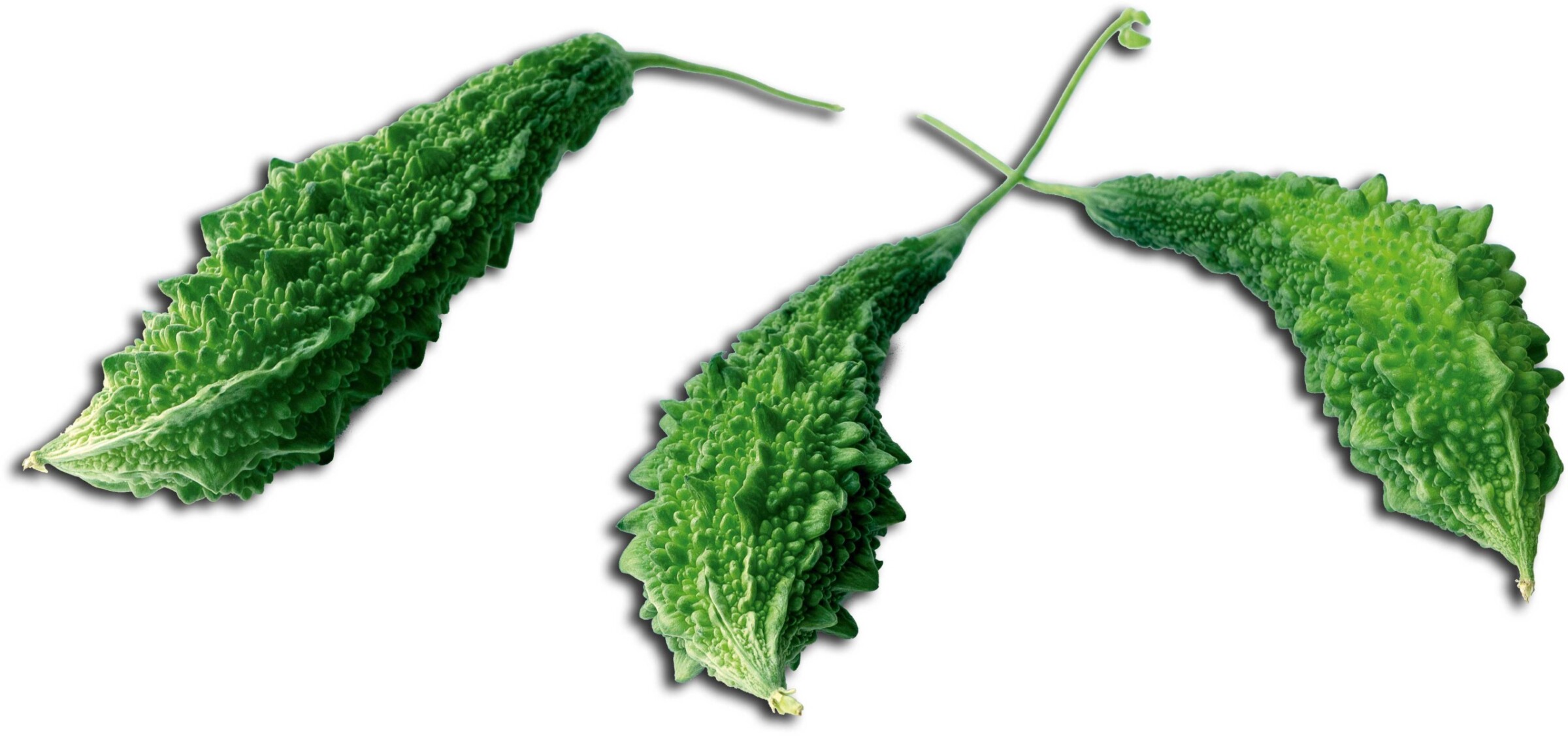
Active into old age.
When plant medicines and regular exercise no longer help, Japan’s modern medicine comes into play. The Land of the Rising Sun is a technological front-runner and regularly hits the headlines with Nobel prize-winners in medicine, physics and chemistry. These achievements find expression in modern surgical techniques and revolutionary pharmaceuticals. Along with the values and methods of eastern natural medicine applied on a daily basis, a healthy cuisine low on calories and fat, a busy and active life into old age and internationally high safety standards in everyday life, advanced technology is an assurance of Japan’s longevity well beyond the age of 100. Incidentally, the oldest currently living person has already been with us for over 115 years: Tanaka Kane was born in Fukuoka Prefecture in 1903. In the list of the oldest people of all time, there are many more Japanese – like the women Nabi Tajima and Choyo Miyako who only died in 2018 having walked the earth for more than 117 years.
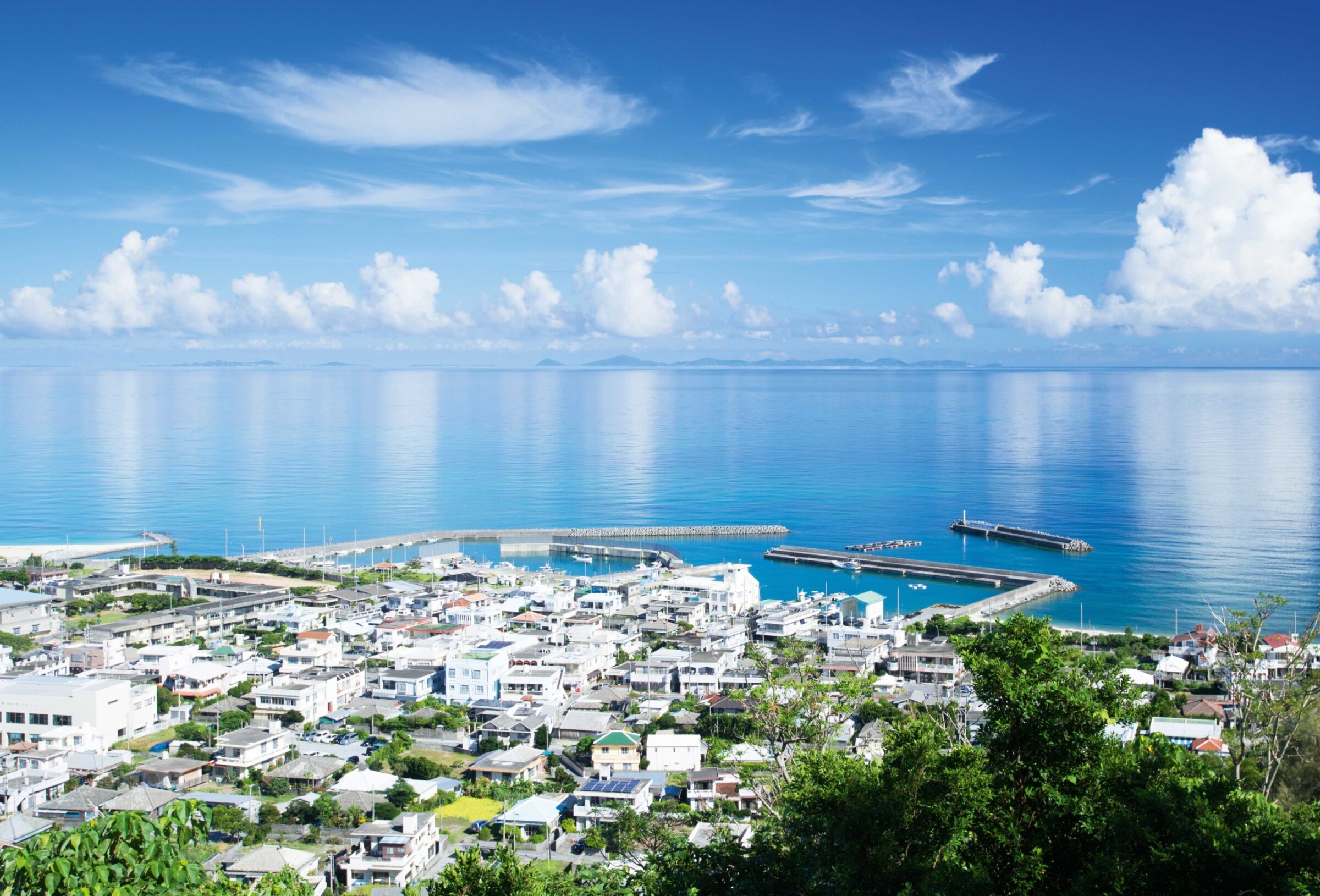
Okinawa – tropical paradise for the aged
Shell ginger came to the attention of researchers during a visit to Okinawa. The island chain is considered Japan’s Hawaii and, with its tropical climate, is a popular destination for the summer. Nowhere else on earth do people live to be as old as on Okinawa. Even compared to the rest of Japan, the rate of cardiovascular disease is exceptionally low here, which, it is supposed, must be attributable to a low-fat diet, plenty of exercise and good genes. In fact, Okinawa’s cuisine is somewhat low on calories and is based on regionally available fruit and vegetables. Algae, seafood, squashes, soya and beans are high on the list of ingredients. Salt in the preparation of meals is used only in small quantities. The culture of holding elderly people in high esteem in oriental societies is also beneficial to a long life. On top of this there’s the agreeable climate that also helps people to stay healthy for longer.
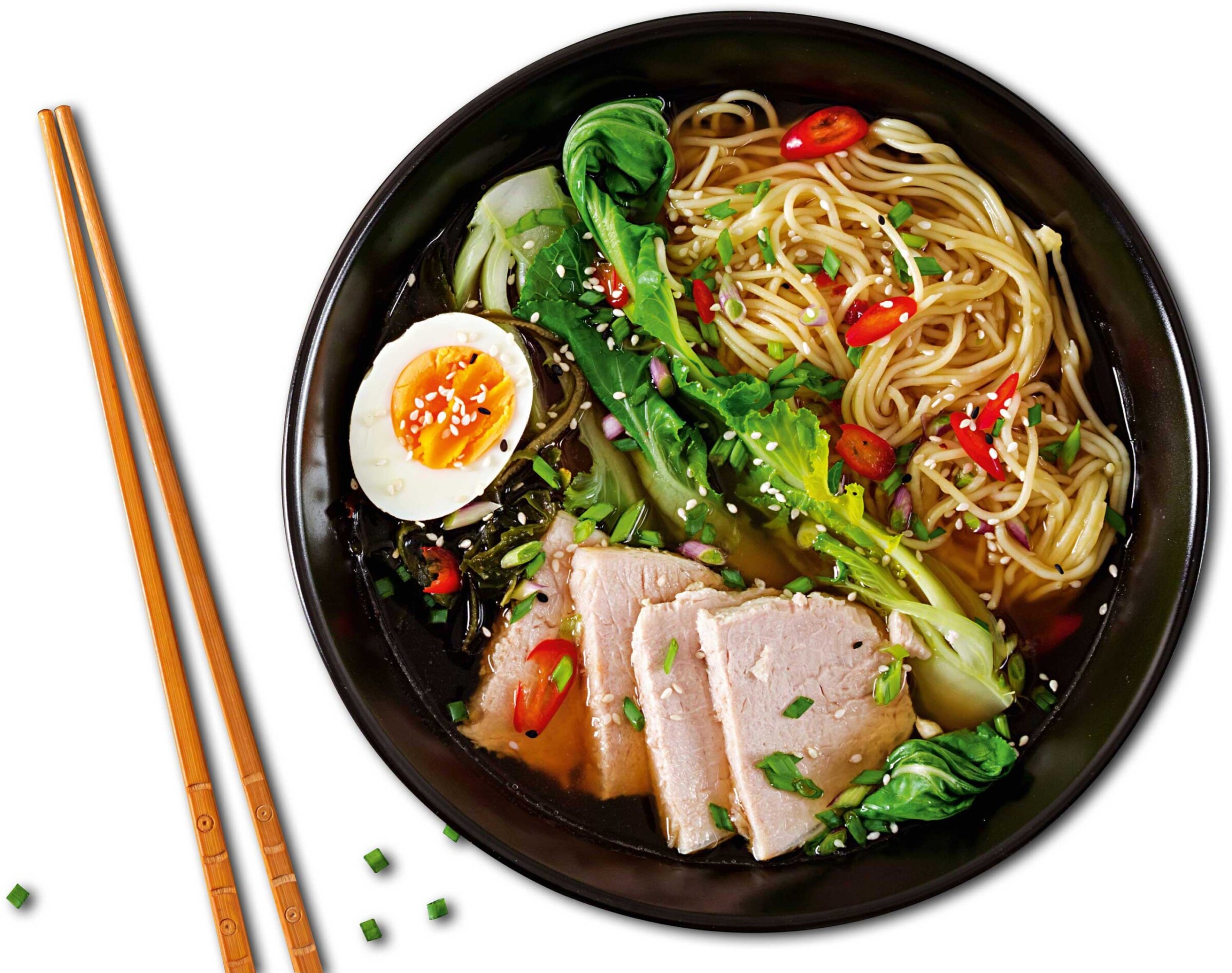
A healthy life-style.
Fields marked with a * are mandatory.
Mitsubishi Electric Europe B.V.
German Branch
Mitsubishi-Electric-Platz 1
D - 40882 Ratingen
Sales
Tel.: +49 (0)2102 / 486 - 6120
edm.sales@meg.mee.com
Service
Tel.: +49 (0)2102 / 486 - 7600
edm.hotline@meg.mee.com
Applications
Tel.: +49 (0)2102 / 486 - 7700
edm.applikation@meg.mee.com
Spareparts
Tel.: +49 (0)2102 / 486 - 7500
edm.parts@meg.mee.com